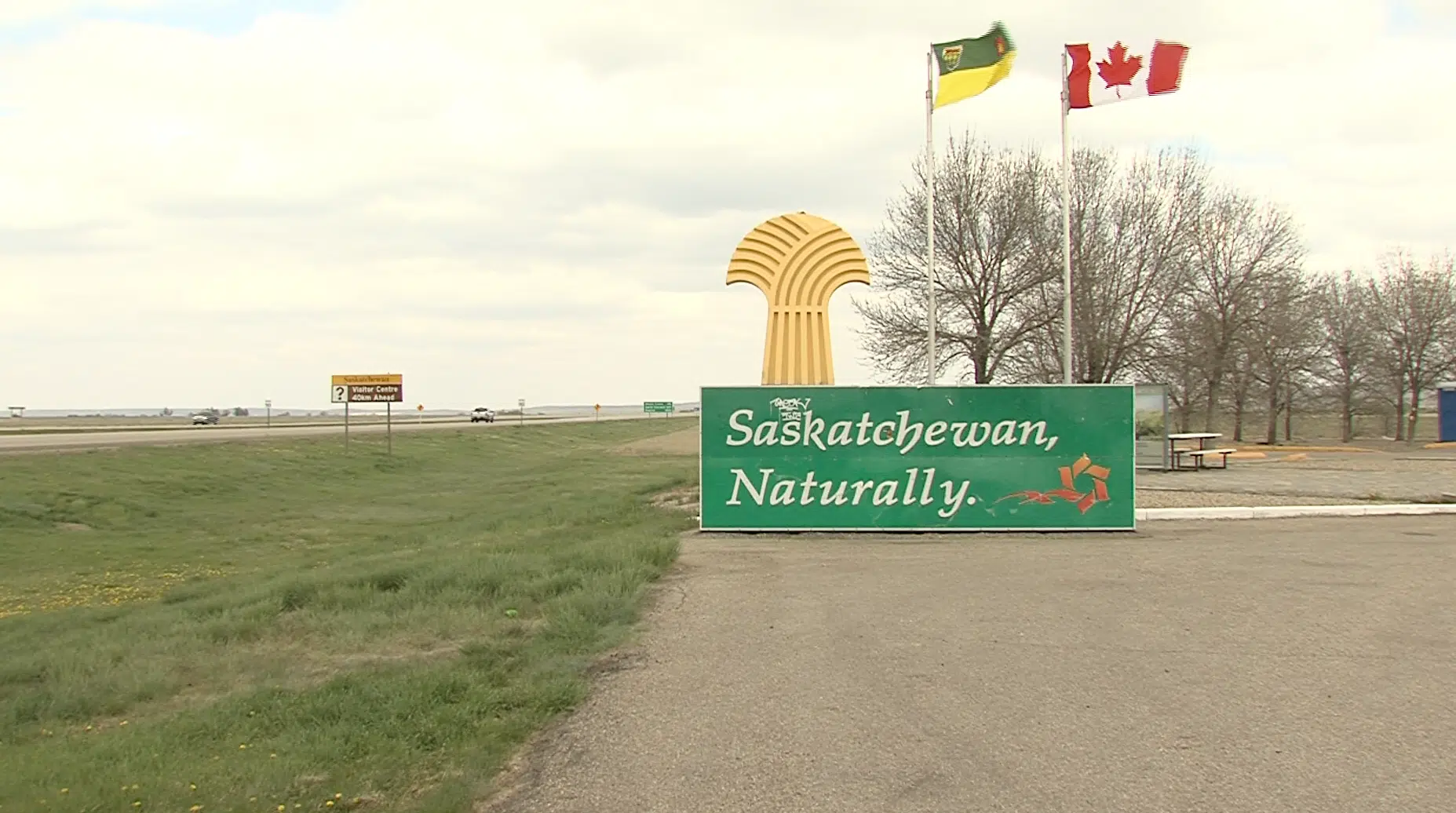
PST increase in Saskatchewan may drive more cross border shopping
MEDICINE HAT, AB — The Saskatchewan government says falling revenues from oil and gas have led to increases in consumption taxes.
The Saskatchewan Party did lower personal income tax rates but one per cent increase to the provincial sales tax is expected to be costly for residents.
The now six per cent PST is also being applied to previously exempt items like children’s clothing and food at restaurants.
